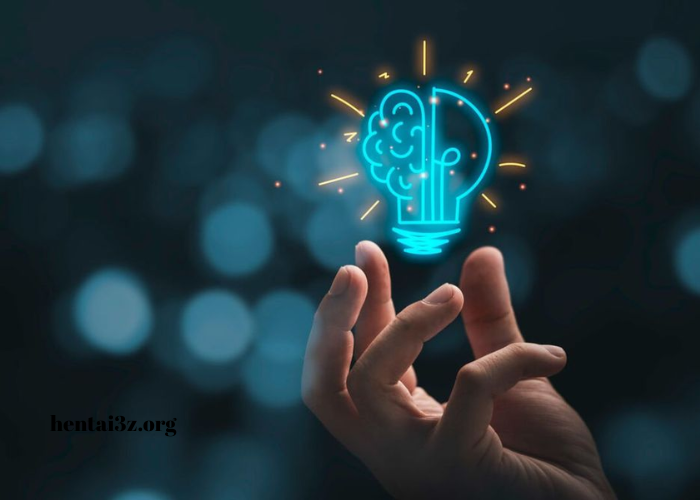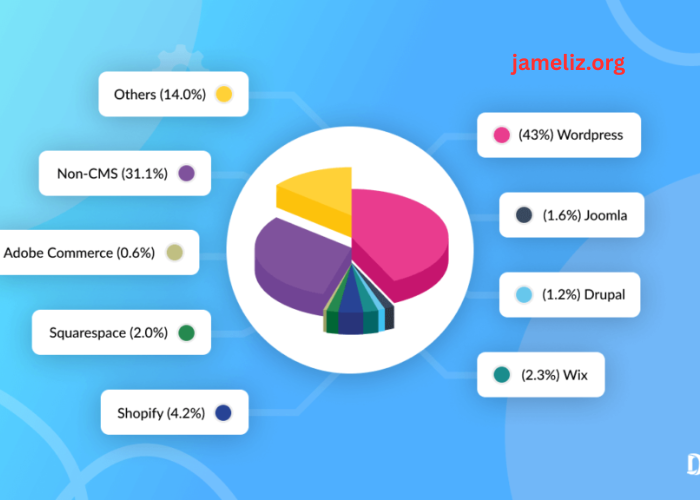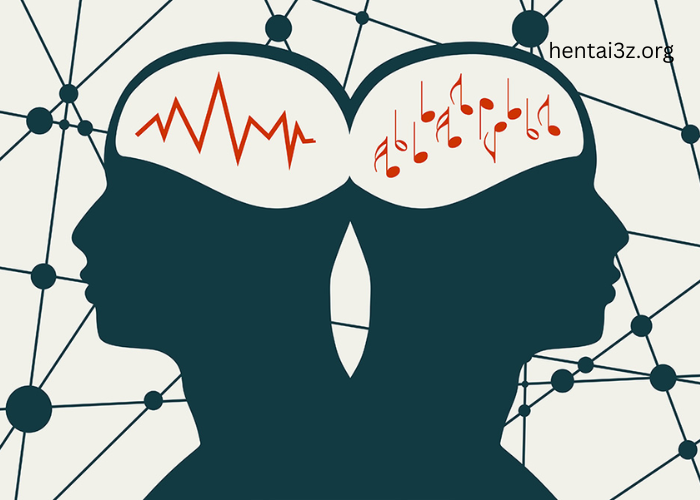In the rapidly evolving landscape of the 21st century, technology remains the primary catalyst for change and progress. The advent of disruptive technologies has not only transformed how we live and work but also fundamentally altered our perception of what is possible. As we venture further into an era marked by unprecedented innovation, understanding these disruptive technologies and their potential impact is crucial. This article explores the innovative paradigms that are shaping the future, focusing on key disruptive technologies such as artificial intelligence (AI), blockchain, quantum computing, and the Internet of Things (IoT).
Artificial Intelligence: Beyond Human Capabilities
Artificial Intelligence (AI) has emerged as one of the most transformative technologies of our time. By simulating human intelligence processes through machines, AI is enabling systems to learn, adapt, and perform tasks that traditionally required human cognition. From natural language processing to machine learning, AI is revolutionizing industries across the board.
In healthcare, AI-powered diagnostics are enhancing accuracy and efficiency, leading to earlier detection of diseases and personalized treatment plans. AI-driven algorithms analyze vast amounts of medical data to identify patterns that may elude human practitioners. This not only accelerates the diagnostic process but also improves patient outcomes.
Similarly, in the financial sector, AI is transforming trading, fraud detection, and customer service. Algorithmic trading systems use AI to analyze market trends and execute trades at speeds and precisions that are beyond human capability. AI-powered chatbots and virtual assistants are streamlining customer service by providing real-time support and handling routine inquiries.
Blockchain: Redefining Trust and Transparency
Blockchain technology, initially popularized by cryptocurrencies like Bitcoin, is now being recognized for its broader applications. At its core, blockchain is a decentralized ledger that records transactions across a network of computers. This technology ensures data integrity and transparency by creating an immutable record of all transactions.
One of the most promising applications of blockchain is in supply chain management. By providing a transparent and tamper-proof record of transactions, blockchain enhances traceability and accountability throughout the supply chain. This is particularly valuable in industries such as food and pharmaceuticals, where ensuring the authenticity and safety of products is critical.
In addition, blockchain is revolutionizing the financial sector by enabling faster and more secure transactions. Traditional banking systems often involve multiple intermediaries, leading to delays and increased costs. Blockchain eliminates the need for intermediaries by facilitating direct peer-to-peer transactions, reducing transaction times and costs.
Quantum Computing: Unleashing Unprecedented Computational Power
Quantum computing represents a paradigm shift in computational capability. Unlike classical computers, which use bits to represent data as 0s or 1s, quantum computers use quantum bits (qubits) that can represent multiple states simultaneously. This allows quantum computers to process complex calculations at speeds unattainable by classical systems.
The potential applications of quantum computing are vast and far-reaching. In cryptography, quantum computers could break existing encryption methods, prompting the development of new, quantum-resistant algorithms. In drug discovery, quantum computing can simulate molecular interactions at an unprecedented level of detail, accelerating the development of new pharmaceuticals.
Moreover, quantum computing has implications for fields such as optimization and artificial intelligence. By solving complex optimization problems more efficiently, quantum computers could enhance logistics, resource management, and financial modeling. In AI, quantum computing could enable the development of more powerful algorithms and models, further advancing the capabilities of machine learning and data analysis.
Internet of Things (IoT): Connecting the World
The Internet of Things (IoT) refers to the network of interconnected devices that communicate and share data with each other. From smart home devices to industrial sensors, IoT is transforming how we interact with technology and gather information.
In smart homes, IoT devices such as thermostats, security cameras, and appliances can be controlled remotely and optimized for energy efficiency. This not only enhances convenience but also contributes to sustainability by reducing energy consumption.
In industrial settings, IoT sensors monitor equipment performance, track inventory, and optimize supply chains. Predictive maintenance powered by IoT data helps prevent equipment failures by identifying potential issues before they escalate. This results in cost savings and increased operational efficiency.
Additionally, IoT has applications in healthcare, where wearable devices track vital signs and monitor chronic conditions. This real-time data collection enables proactive healthcare management and personalized treatment plans, ultimately improving patient care.
The Convergence of Disruptive Technologies
While each of these technologies has transformative potential on its own, their convergence is creating new opportunities and challenges. For instance, the integration of AI with IoT devices enhances the capabilities of smart systems, enabling more intelligent and autonomous decision-making. Blockchain technology can provide secure and transparent data management for IoT networks, addressing concerns related to data privacy and integrity.
Similarly, quantum computing has the potential to advance AI and blockchain technologies by providing enhanced computational power and new algorithms. The ability to process vast amounts of data and solve complex problems could lead to breakthroughs in machine learning, optimization, and cryptography.
Ethical and Societal Implications
As we embrace these disruptive technologies, it is essential to address the ethical and societal implications they entail. The rise of AI raises concerns about job displacement and the need for new skills. Ensuring that the benefits of AI are distributed equitably and that individuals are equipped with the skills to thrive in an AI-driven economy is crucial.
Blockchain technology, while enhancing transparency and security, also presents challenges related to data privacy and regulatory compliance. Striking a balance between transparency and privacy, and developing robust regulatory frameworks, is essential to harnessing the full potential of blockchain.
Quantum computing, with its potential to break existing encryption methods, necessitates the development of new cryptographic techniques and security measures. Safeguarding sensitive information in a quantum-enabled world requires ongoing research and innovation.
Conclusion
Innovative paradigms such as AI, blockchain, quantum computing, and IoT are shaping the future in profound ways. These disruptive technologies are transforming industries, enhancing capabilities, and creating new opportunities. However, as we navigate this technological revolution, it is crucial to address the associated ethical and societal challenges to ensure that the benefits are maximized while mitigating potential risks.
By understanding and embracing these disruptive technologies, we can harness their potential to drive progress, improve lives, and shape a future that is both innovative and inclusive. The convergence of these technologies promises a future that is not only technologically advanced but also more connected, efficient, and equitable.




